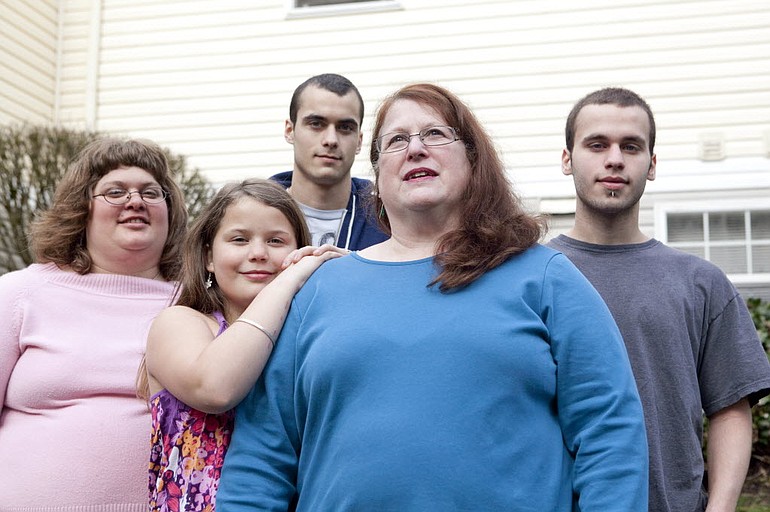Kathy Deschner, development director at Community Services Northwest, said her agency takes no official position on the proposed Cowlitz casino that’s headed for La Center. But she noted that many municipalities and jurisdictions — including Clark County itself — are still dead-set against it.
The projected $510 million hotel-and-casino complex will boast 3,000 slot machines, 135 gaming tables, 20 poker tables and a 250-room hotel, not to mention an RV park, 10 restaurants and retail shops on 152 acres. That’s more than 4,000 construction jobs, followed by more than 3,100 permanent ones, but it could lead to a whole lot of social and addiction problems, too, Deschner said.
How does gambling benefit Washington? According to Washington State Gambling Commission spokeswoman Susan Arland, the state does not tax gambling but local jurisdictions may. In fiscal 2010, she said, $31.7 million in gambling taxes were paid to local jurisdictions by cardrooms, pull-tab and punchboard operators, and charity games like bingo — plus $4.5 million in business-and-occupation taxes. That doesn’t include 28 tribal casinos. In 2008, Arland said — the last year statistics were available — tribal casinos contributed $12.8 million to local governments and another $4.8 million to smoking cessation and problem gaming programs.
Clark County took in $3.2 million in local gambling taxes in 2010.
— Scott Hewitt
DIFFERENCES BETWEEN GAMBLING ADDICTION AND SUBSTANCE ABUSE
Substance abuse:
o self-limiting since the heavy user eventually runs out, passes out, overdoses
o bad behavior can be attributed to intoxication — less shame, less guilt, less responsibility
o no fantasy of enrichment
o money problems not necessarily central
o testable by laboratory
o tell-tale signs
o widespread public awareness of drug abuse as a disease or disorder
o treatment widely available
Gambling:
o not self-limiting as long as there’s more money
o bad behavior not attributable to intoxication — so greater guilt and shame, or greater denial and defensiveness




